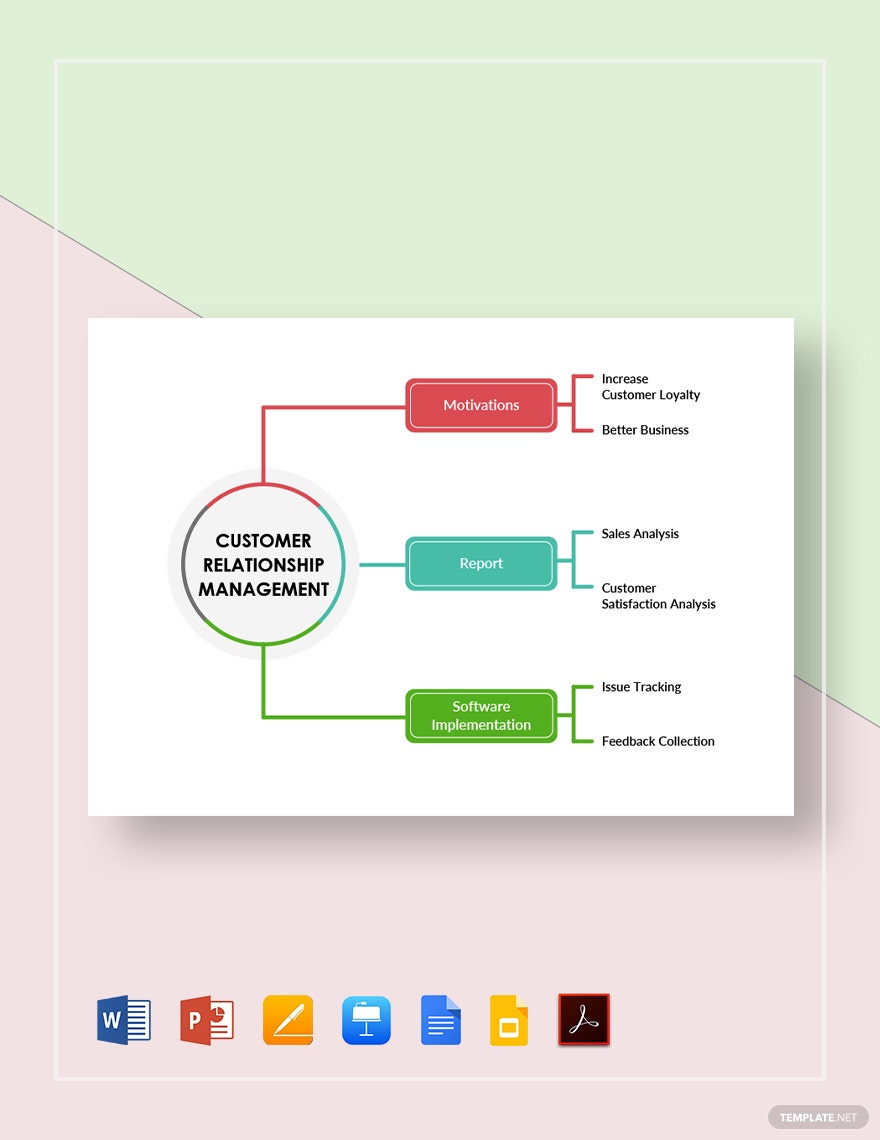
Global supply chains management is a practice that manages the distribution of goods, services and products across an entire transnational company's network. The goal is to maximize profit and minimize waste. There are many methods to improve the efficiency and effectiveness of this process. Software tools can also be developed to monitor it. This article will discuss the benefits and requirements for a degree in global supply chain management. This article also addresses the education requirements for students interested in this field.
The benefits of a degree in global supply chain management
A degree in global supply chains management is a great choice if you are interested in a career as a global supply chain manager. This program will help you become a leader in your field. Graduates will have advanced knowledge in supply chain management and advanced analytical tools. They will also be able to optimize commercial networks. You can also get a global supply management degree if you're already employed.

This curriculum will provide information on operations and the intricacies involved, such as inventory management, production planning, warehousing techniques, and global supplier relationships. Students will also be able to establish and maintain positive relationships with suppliers around the globe. The industry will give students the opportunity to learn from real-world experiences through applied coursework and practical research. And, of course, the program will also allow you to work in the industry after graduation.
There are many career opportunities for graduates of this program
The field of global supply chain management includes a number of job opportunities in a variety of industries. Many businesses must manage their costs. This includes labor hours and material. Graduates in global supply chain management can help businesses make money. Your job choice will dictate whether you travel internationally or manage the supply chain in one location. There are many career options for graduates of global supply chains management, but these are the most prominent.
To succeed in this field, you must have a good understanding of the supply chains. Candidates should have a thorough understanding of the technicalities of supply chains and be adept at communicating with non-technical colleagues. Graduates with a background in the Internet age will have a unique understanding of how the internet affects retail and will be able to contribute to the growth of e-retailing.
Education requirements
Global supply chain managers do not require a bachelor's level in business administration. However, a master's program in global supply chains management will equip you with the knowledge and skills necessary to manage a global supplier chain. This degree emphasizes new technologies and advanced analysis tools that can be used to enhance the effectiveness of commercial network. You can complete this degree online. These strategies will be implemented and developed for your benefit.

Students interested in specializing in global supply chains management can also take courses related. Project management students will learn to identify resources, create budgets and incorporate stakeholder input. They also learn to ensure projects stay on track. This program teaches students how to collaborate with global partners and the world economy. Depending on the program, students may even take courses in leadership and communication skills. They can also take business communication courses to improve their communication skills.
FAQ
How do you manage employees effectively?
Effectively managing employees requires that you ensure their happiness and productivity.
This also involves setting clear expectations and monitoring their performance.
Managers need to establish clear goals for their team and for themselves.
They need to communicate clearly with staff members. And they need to ensure that they reward good performance and discipline poor performers.
They should also keep records of all activities within their team. These include:
-
What did you accomplish?
-
How much work did you put in?
-
Who did it and why?
-
What was the moment it was completed?
-
Why was it done?
This data can be used to evaluate and monitor performance.
What are the five management methods?
The five stages of any business are planning, execution, monitoring, review, and evaluation.
Setting goals for the future is part of planning. Planning involves defining your goals and how to get there.
Execution happens when you actually do the plan. Everyone involved must follow them.
Monitoring is checking on progress towards achieving your objectives. Regular reviews of performance against targets, budgets, and other goals should be part.
Reviews take place at the end of each year. They provide an opportunity to assess whether everything went well during the year. If not there are changes that can be made to improve the performance next year.
After the annual review is complete, evaluations are conducted. It helps identify what worked well and what didn't. It also gives feedback on how well people did.
How do you define Six Sigma?
Six sigma is a common concept for people who have worked in statistics or operations research. But anyone can benefit from it.
It requires high levels of commitment and leadership skills to be successful.
What are the most important management skills?
No matter if they are running a local business or an international one, management skills are vital. These skills include the ability of managing people, finances, time, space, and other factors.
Management Skills are also needed when you're setting goals and objectives, planning strategies, leading teams, motivating employees, resolving problems, creating policies and procedures, and managing change.
You can see that there are many managerial duties.
Statistics
- Hire the top business lawyers and save up to 60% on legal fees (upcounsel.com)
- The average salary for financial advisors in 2021 is around $60,000 per year, with the top 10% of the profession making more than $111,000 per year. (wgu.edu)
- Our program is 100% engineered for your success. (online.uc.edu)
- As of 2020, personal bankers or tellers make an average of $32,620 per year, according to the BLS. (wgu.edu)
- Your choice in Step 5 may very likely be the same or similar to the alternative you placed at the top of your list at the end of Step 4. (umassd.edu)
External Links
How To
How can you implement a Quality Management Plan?
QMP, which was introduced by ISO 9001:2008, is a systematic approach to improving products, services, and processes through continuous improvement. It helps to improve customer satisfaction and product/service quality by continuously measuring, analyzing, controlling and improving.
The QMP is a standard method used to ensure good business performance. QMP's goal is to improve service delivery and production. QMPs must include all three elements - Products, Services, and Processes. A "Process" QMP is one that only includes one aspect. QMP stands for Product/Service. The QMP that focuses on customer relationships is known as the "Customer" QMP.
Scope is the most important element in implementing a QMP. Strategy is the second. These elements are as follows:
Scope is what the QMP covers and how long it will last. This scope can be used to determine activities for the first six-months of implementation of a QMP in your company.
Strategy: This is the description of the steps taken to achieve goals.
A typical QMP includes five phases: Design, Planning, Development and Implementation. Below is a description of each phase:
Planning: In this stage, the objectives of the QMP are identified and prioritized. All stakeholders involved in the project are consulted to understand their requirements and expectations. Once the objectives and priorities have been identified, it is time to plan the strategy to achieve them.
Design: In this stage, the design team designs the vision and mission, strategies, as well as the tactics that will be required to successfully implement the QMP. These strategies are executed by creating detailed plans.
Development: This is where the development team works to build the capabilities and resources necessary for the successful implementation of the QMP.
Implementation is the actual implementation of QMP according to the plans.
Maintenance: This is an ongoing process to maintain the QMP over time.
Additional items must be included in QMP.
Stakeholder involvement is important for the QMP's success. They should actively be involved during the planning and development, implementation, maintenance, and design stages of QMP.
Initiation of a Project: A clear understanding and application of the problem statement is crucial for initiating a project. In other words, they must understand the motivation for initiating the project and the expectations of the outcome.
Time Frame: It is important to consider the QMP's time frame. For a short time, you can start with the simple version of the QMP. However, if you have a long-term commitment, you may require more elaborate versions.
Cost Estimation: Another important component of the QMP is cost estimation. You can't plan without knowing how much money it will cost. It is therefore important to calculate the cost before you start the QMP.
QMPs are not only a document, but also a living document. This is the most important aspect of QMPs. It changes with the company. It should therefore be reviewed frequently to ensure that the organization's needs are met.